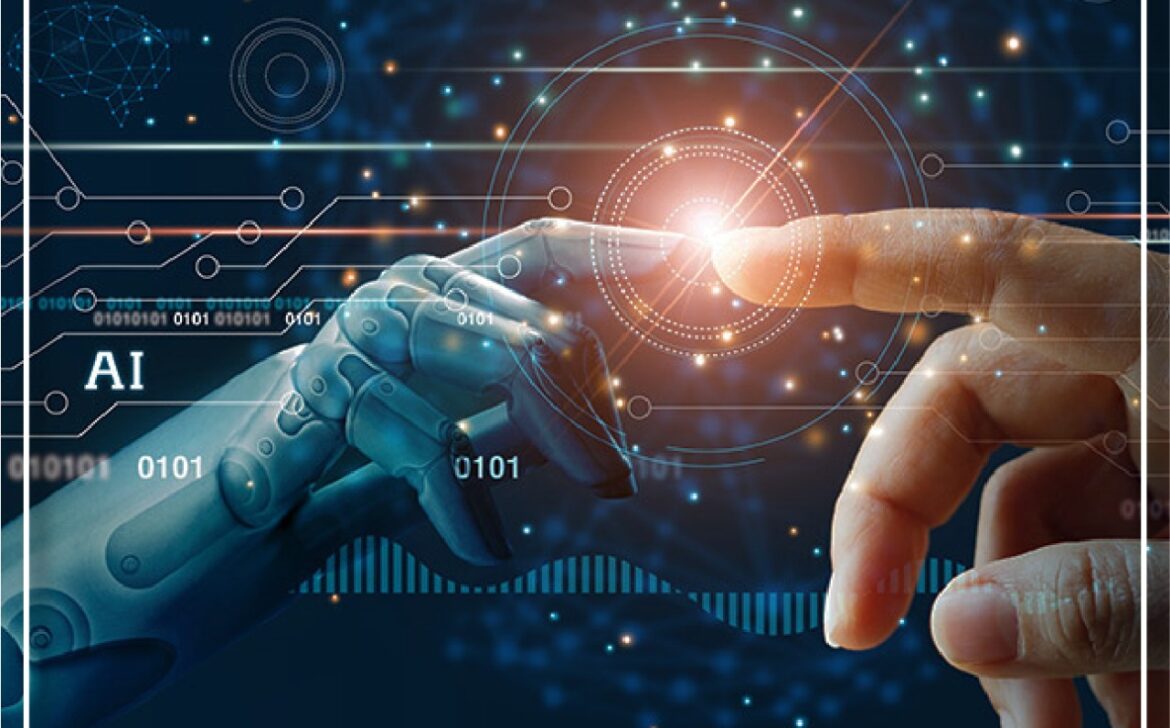Which Technology Is In Demand In 2023?
Professionals who want to improve their skills and job opportunities must keep up with the latest technical advances in the technology sector. In 2023, various technological education programs that give students the opportunity to acquire abilities that are in high demand across a variety of industries have emerged as hot commodities.
Such programs provide students with the opportunity to learn these skills. This article discusses the top technology courses expected to be in demand in 2023, including their importance, applications, and their job prospects.
DATA SCIENCE AND ANALYTICS
As data has become the major source of revenue for most organizations, the ability to extract some important insights from a large set of data is a skill that is in great demand in the modern corporate environment.
Students who take courses in Data Science and Analytics gain the knowledge and skills necessary to collect, analyze, and interpret complex data sets, which enables them to make judgments based on the data. Students who take courses in Data Science and Analytics also gain the ability to make decisions which are totally based upon the data.
Data science, machine learning, & statistical analysis professionals will gain huge attraction in the job market in 2023 as businesses continue to leverage data. These are the kinds of skills that are valuable in a wide range of industries, including banking & financials, healthcare, and even marketing and e-commerce. People who are in possession of these skills have multiple job alternatives available to them, including the possibility of working as data scientists, data analysts, or Artificial intelligence specialists.
ARTIFICIAL INTELLIGENCE AND MACHINE LEARNING
AI and ML’s dominance in technology is changing several business areas. AI algorithms and ML models allow computers to learn, predict, and act without human intervention. AI and machine learning expertise are in demand as more firms utilize AI-powered solutions.
AI and ML graduates will have more job opportunities in 2023. AI/ML experts will shape the future in many ways. Driverless cars, intelligent chatbots and virtual assistants, and firm operations optimization are these methods. Data scientists, artificial intelligence engineers, and machine learning engineers can use these skills. A few examples.



SECURITY FOR COMPUTER NETWORKS AND ETHICAL BREAKING
There will be an increase in need for employees competent in cybersecurity as the digital ecosystem continues to undergo change. As a result of an increase in the amount of cyber threats and data breaches, there is a strong demand for people who are able to protect sensitive information, secure networks, and identify vulnerabilities. These skills are in great demand. As a result of this, there has been a notable increase in the number of people interested in taking courses that concentrate on computer security and moral hacking.
Experts in the field of cybersecurity will continue to be in great demand across a wide range of industries, including the public sector, the healthcare business, the financial sector, and the technology sector. Participating in instructional programs on network security, ethical hacking, incident response, and risk management will help people protect their digital assets. To name just a few, some of the job titles that are commonly linked with the topic of cybersecurity include security analyst, ethical hacker, cybersecurity consultant, and chief information security officer (CISO).
CLOUD COMPUTING AND THE PRACTICE OF “DEVOPS”
Cloud computing has dramatically transformed the ways in which businesses not only store their data but also analyze it and obtain access to it. As more and more businesses shift their infrastructure to the cloud, there has been an explosion in the demand for individuals who have expertise in cloud computing as well as DevOps, which stands for development and operations.
The attendees of these classes will walk away with an understanding of cloud computing platforms like Amazon Web Services (AWS), Microsoft Azure, and Google Cloud Platform (GCP), among others. Courses in DevOps place an emphasis not only on the integration of software development and operations, but also on the importance of continuous delivery, automated workflows, and collaboration.
In 2023, IT employees will need cloud computing and DevOps skills. These abilities can lead to careers as cloud architects, DevOps engineers, and SREs. Building, implementing, and handling cloud-based infrastructure and improving software development processes will be crucial skills in the future.
INTERNET OF THINGS (IOT)
In past years, there has been a discernible increase in growth for a concept that is known as the Internet of Things (IoT), and its potential keeps expanding. In addition to this, the Internet of Things has the potential to continue growing. Internet of Things (IoT) courses give students an in-depth analysis of the interconnected network of software, sensors, and gadgets. Students will now have the opportunity to create and implement their very own Internet of Things solutions as a result of this.
As connected devices expand, IoT experts will be in demand. The healthcare, manufacturing, transportation, and smart city industries will need experts in Internet of Things system design, development, and management. IoT architects, developers, and solutions engineers might pursue appealing job paths. A few examples.

Is it time for you to reach new professional heights?
You won’t be able to compete successfully in today’s rapidly changing job market without the skills and information that NearLearn will teach you how to acquire. If you are interested in acquiring new skills, changing careers, or enhancing the ones you currently have, we offer a program that will cater to your specific requirements.


